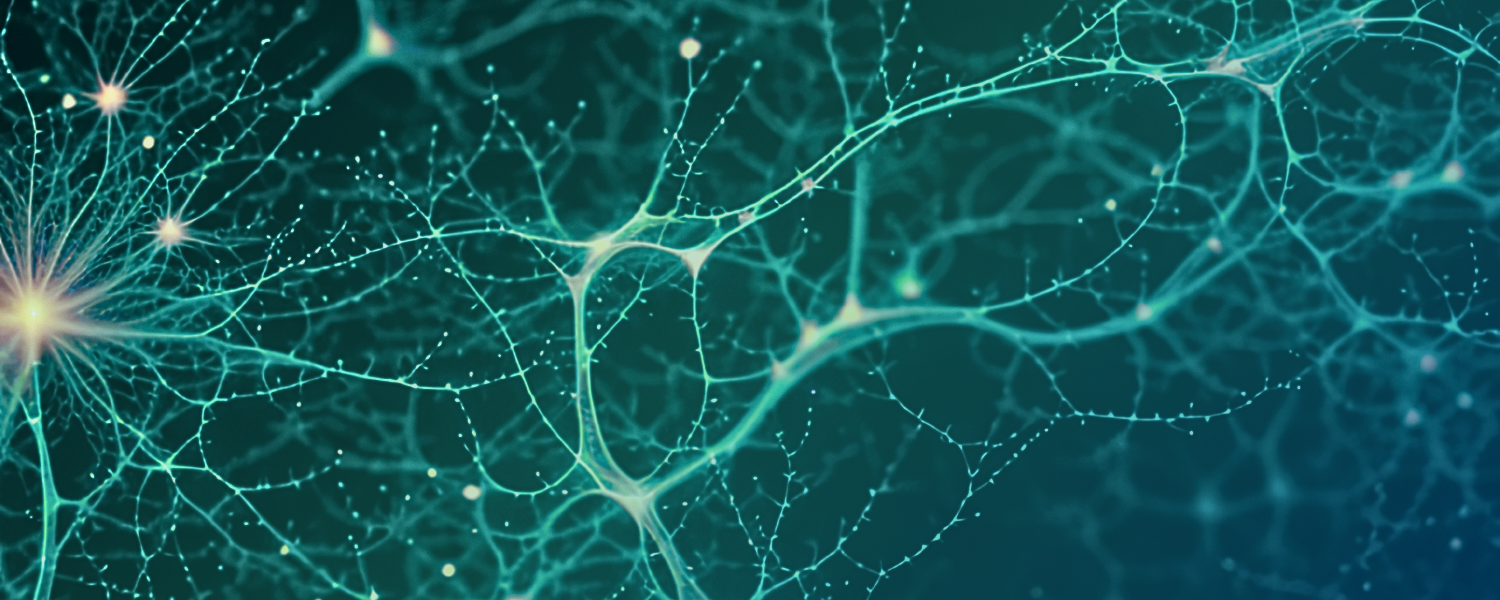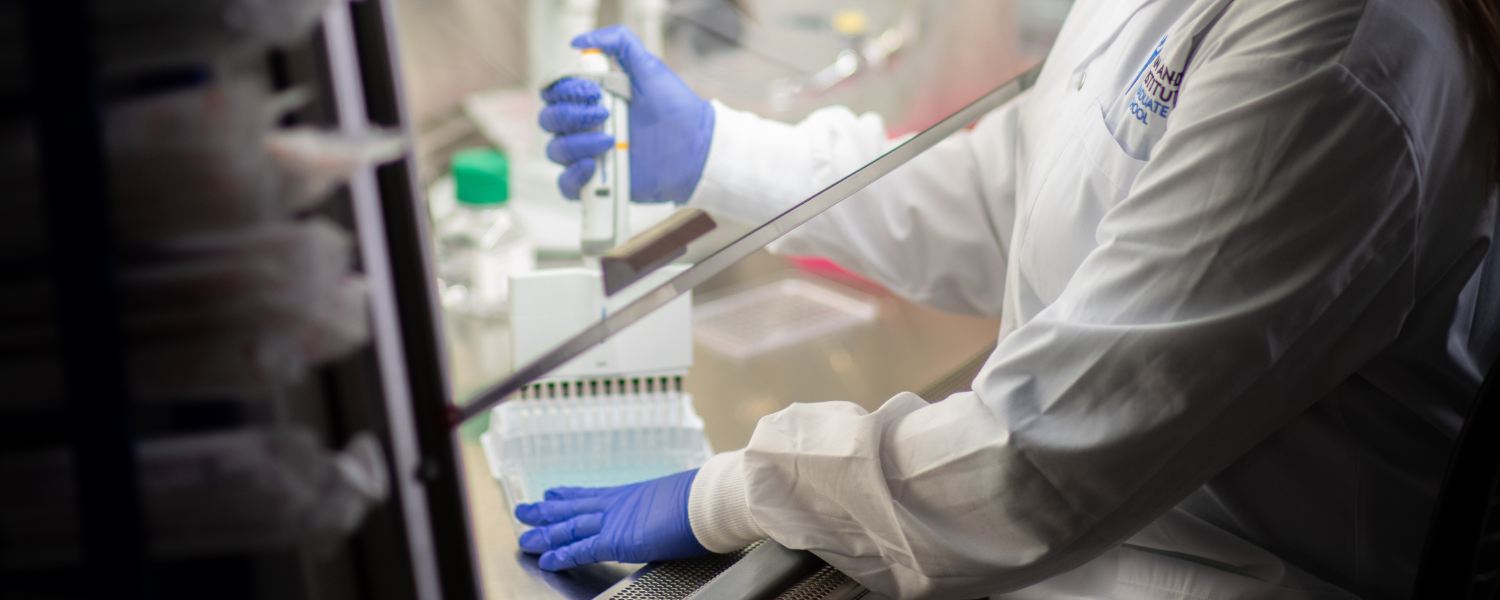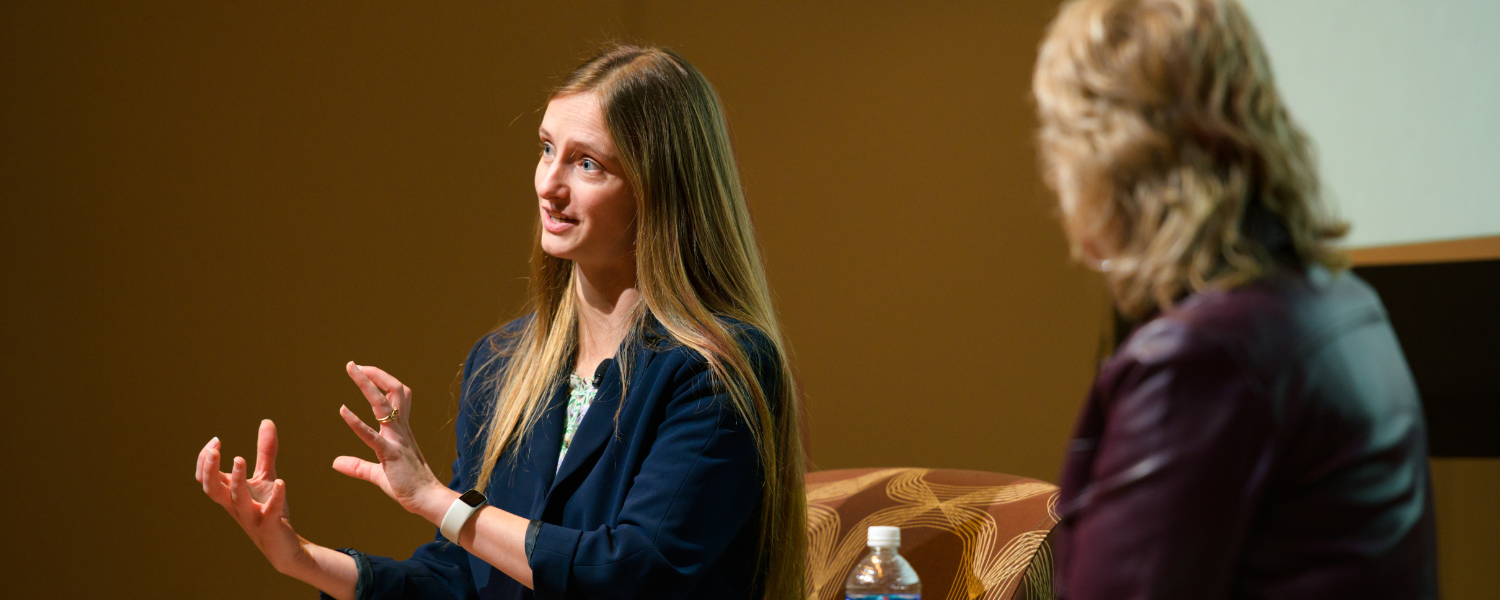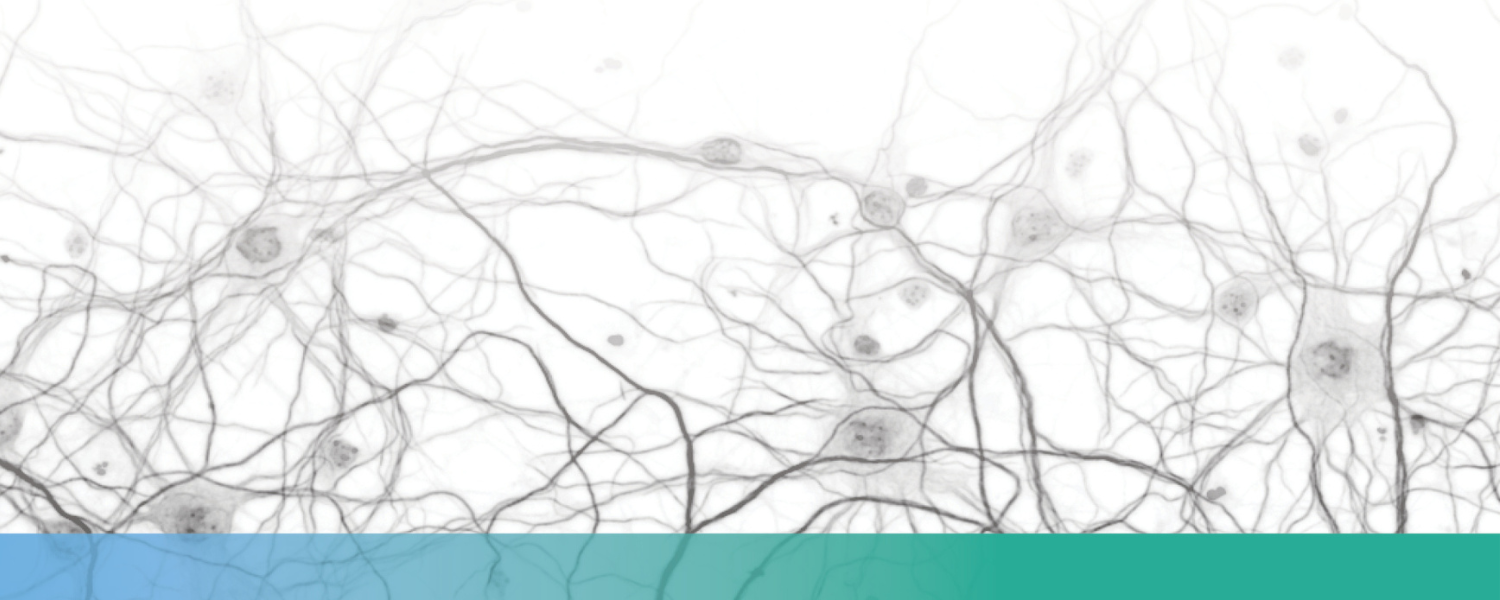
Parkinson's disease
Pursuing ways to slow or stop Parkinson’s progression and improve quality of life
Parkinson’s disease is a complex disorder that, over time, steals away a person’s ability to move. The disease also has a host of symptoms that may appear decades before diagnosis such as loss of sense of smell, constipation and cognitive decline.
In recent decades, Parkinson’s disease cases have increased globally, due in part to people living longer. This trend is expected to continue, with some estimates suggesting that more than 12 million people could be diagnosed with Parkinson’s by 2040 — a four-fold increase from 1990*.
Currently, there is no cure and no effective way to slow or stop disease progression. Our scientists and collaborators around the globe are working to change that by:
- Investigating the role of genetics and epigenetics in Parkinson’s
- Exploring the impact of inflammation on disease development
- Analyzing how the structure of the brain itself may protect against or promote the disease
We also are proud to be part of the Cure Parkinson’s–Van Andel Institute International Linked Clinical Trials Initiative, an innovative program to move promising treatments into clinical trials. These potential therapies are drawn from medications developed or approved to treat other diseases, saving precious time and resources and speeding possible life-changing therapies toward the clinic.
By the numbers
Parkinson's disease
- 8.5M People have Parkinson’s globally (this number is likely low due to difficulty diagnosing the disease)**
- 2X Between 1990 and 2015, the number of Parkinson’s cases doubled*
- 29 Parkinson’s clinical trials launched through the Cure Parkinson’s–Van Andel Institute International Linked Clinical Trials Initiative
VAI scientists who study Parkinson's disease

Lena Brundin, M.D., Ph.D.
Professor, Department of Neurodegenerative Science
Behavioral Medicine

Michael Henderson, Ph.D.
Associate Professor, Department of Neurodegenerative Science; Director, VAI Brain Bank
Protein Pathologies and Genetic Risk in Neurodegeneration

Melissa Hoyer, Ph.D.
Assistant Professor, Department of Neurodegenerative Science
Neuronal Organelle Quality Control and Health

Darren Moore, Ph.D.
Chair and Professor, Department of Neurodegenerative Science; Director, MiND Program; Jay Van Andel Endowed Chair in Parkinson’s Disease Research
Molecular Neurodegeneration
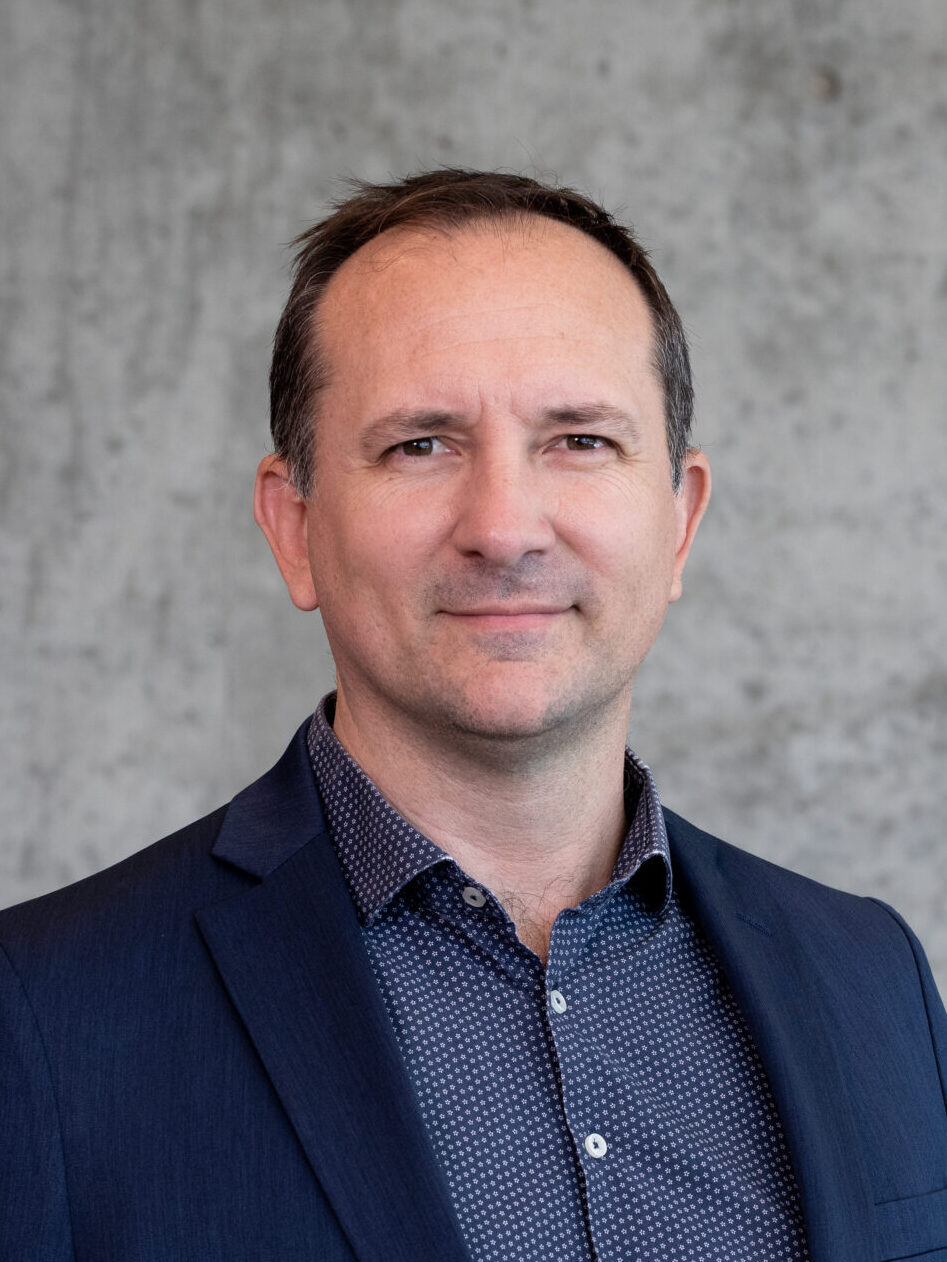
Laurent Roybon, Ph.D.
Associate Professor, Department of Neurodegenerative Science; Director, MiND iPSC Platform
Patient-Based Models of Neurodegenerative Diseases

Bang-An Wang, Ph.D.
Assistant Professor, Department of Neurodegenerative Science
Epigenetic Regulation and Neurodegeneration

Yang Yang, Ph.D.
Assistant Professor, Department of Structural Biology
Structural Basis for Neurodegenerative Diseases


